What are hubs, switches and router?
Hubs transmit data to all connected devices in a computer network. This favors low network utilization. A hub therefore acts as a central connection point and sends the received data to all connected devices, regardless of their destination.
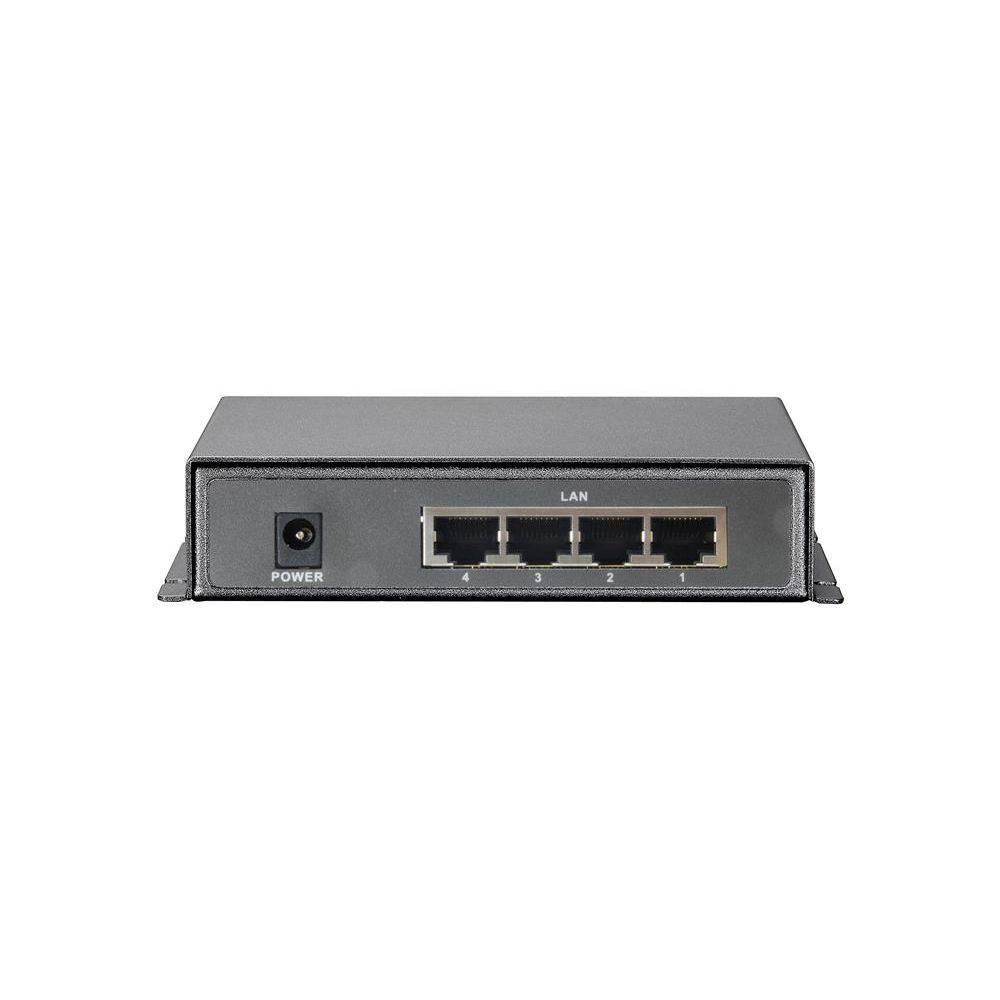
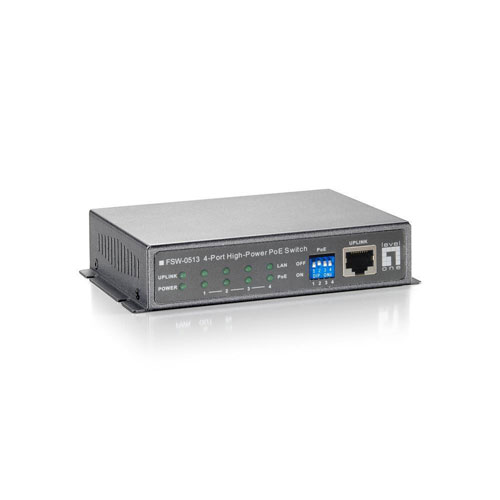
Switches transmit data to designated recipients in a local network. For this purpose, a switch learns and stores the media access control addresses of connected devices in order to send the data traffic in a targeted manner. They are therefore also used to connect and exchange data between devices.
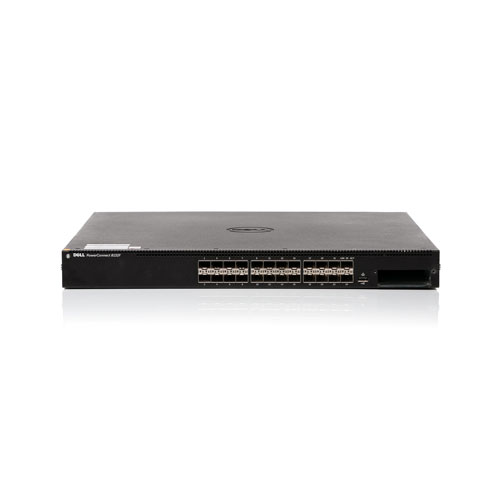
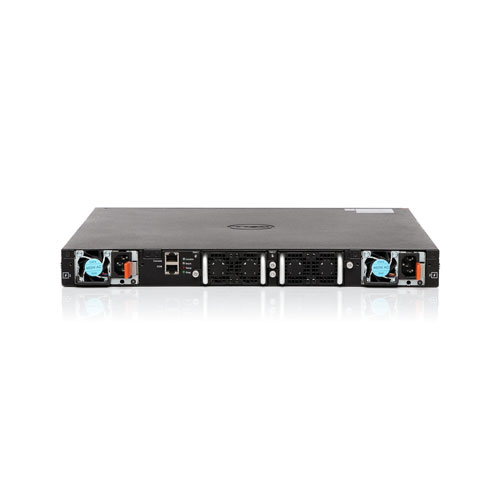
Routers are network devices that forward data packages between several networks. By using IP addresses, they identify the networks and determine the most efficient paths for data transmission.
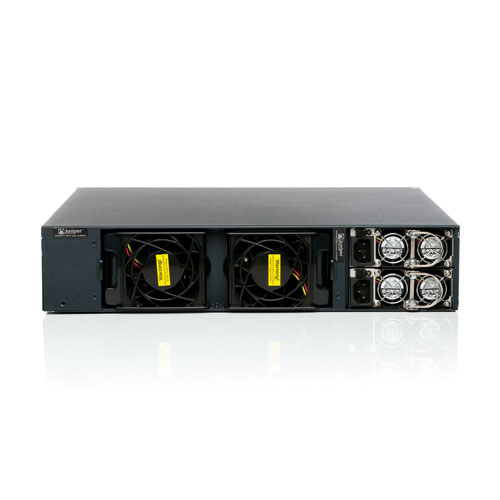
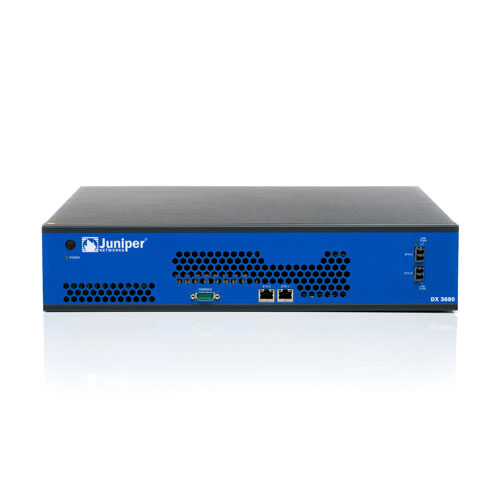
Similarities and differences
One thing they all have in common is that they are used to exchange data in networks. However, they differ in the scope of their functionality and their price and are therefore suitable for different areas of application.
Hubs differ from switches and routers in the fact that they always send to all connected devices and can only send OR receive data at the same time. Simultaneous requests are processed by the network device one after the other. They are therefore particularly suitable for streaming media content, such as radio. Due to their limited functionality, however, they are also correspondingly inexpensive.
Unlike hubs, switches can receive and send data packets simultaneously. They can also differentiate between the receiving devices and send information to all, several or individual devices. Due to their greater functionality, they are suitable for larger networks and are therefore more expensive than hubs.
Routers, on the other hand, offer, in addition to the range of functions of a switch, their own IP address via which they can be addressed. Firewalls can also be integrated to increase the security of the network. This means that routers can not only exchange data within a network, but also enable communication between different networks. The router also differs from the switch in its ability to assign IP addresses dynamically. This is a practical capability, especially when devices are used in multiple networks, such as work laptops that are used in the office network and in the home office. A router can also translate the local IP with the assigned Internet IP for data exchange with the Internet. However, due to the wide range of functions, the router is also significantly more cost-intensive than hubs and switches.
Pros- and cons of hubs, switches and routers
Hubs | Switches | Routers | |
|---|---|---|---|
| Network performance | Low | Medium | High |
| Complexity | Low | Medium | High |
| Functionality | Low | Medium | High |
| Selective data fowarding | No | Yes | Yes |
| Local network communication | Yes | Yes | Yes |
| Cross-network communication | No | No | Yes |
| Security | No integration of firewalls | No integration of firewalls | Integration of firewalls |
| Price | Low | Medium | High |
Which network device is the best choice?
At a first glance, the router may seem like the “non plus ultra”. However, it depends on the company's needs and the intended use. Due to their limited network performance, hubs are particularly suitable for small networks with low data traffic such as home networks or for streaming media content. Switches are slightly more expensive but offer better performances and are therefore suitable for data exchange in medium to large LAN-based networks. Thus, they are the ideal choice for small to medium-sized companies with moderate Internet usage or where a simple network setup is prioritized. The router is ideal for large networks that require communication between subnetworks. If a company has several branch offices or employees work from home via home networks, a router is essential. Especially as it offers the greatest security and performance. The performance requirements, the size of the company network and the available budget are therefore decisive in the selection process.
Conclusion - 3 tips for choosing the right network device
Consider the size of your network. For very small and simple home networks, inexpensive options such as a hub are sufficient, but medium-sized company networks already require a switch. Large networks and, above all, several interconnected networks require more complex solutions such as routers.
Think about your performance requirements (e.g. data transfer speed and security) beforehand. Hubs offer very simple functionality for this. While switches offer more performance but no improved security, the router is particularly powerful and secure.
Plan your budget accordingly. For small to medium-sized businesses, an advanced switch may be a more cost-effective option compared to a router. Another option to save costs is to buy refurbishments. This gives you as-new equipment performance at fair prices.
As experts for sustainable IT hardware, we are happy to assist you with the purchase of your network devices. In addition to a large selection of products from leading brands, you will also find refurbished hubs, switches and routers in our shop. Do you need support? Our sales team will be happy to help you with any questions or requests.
